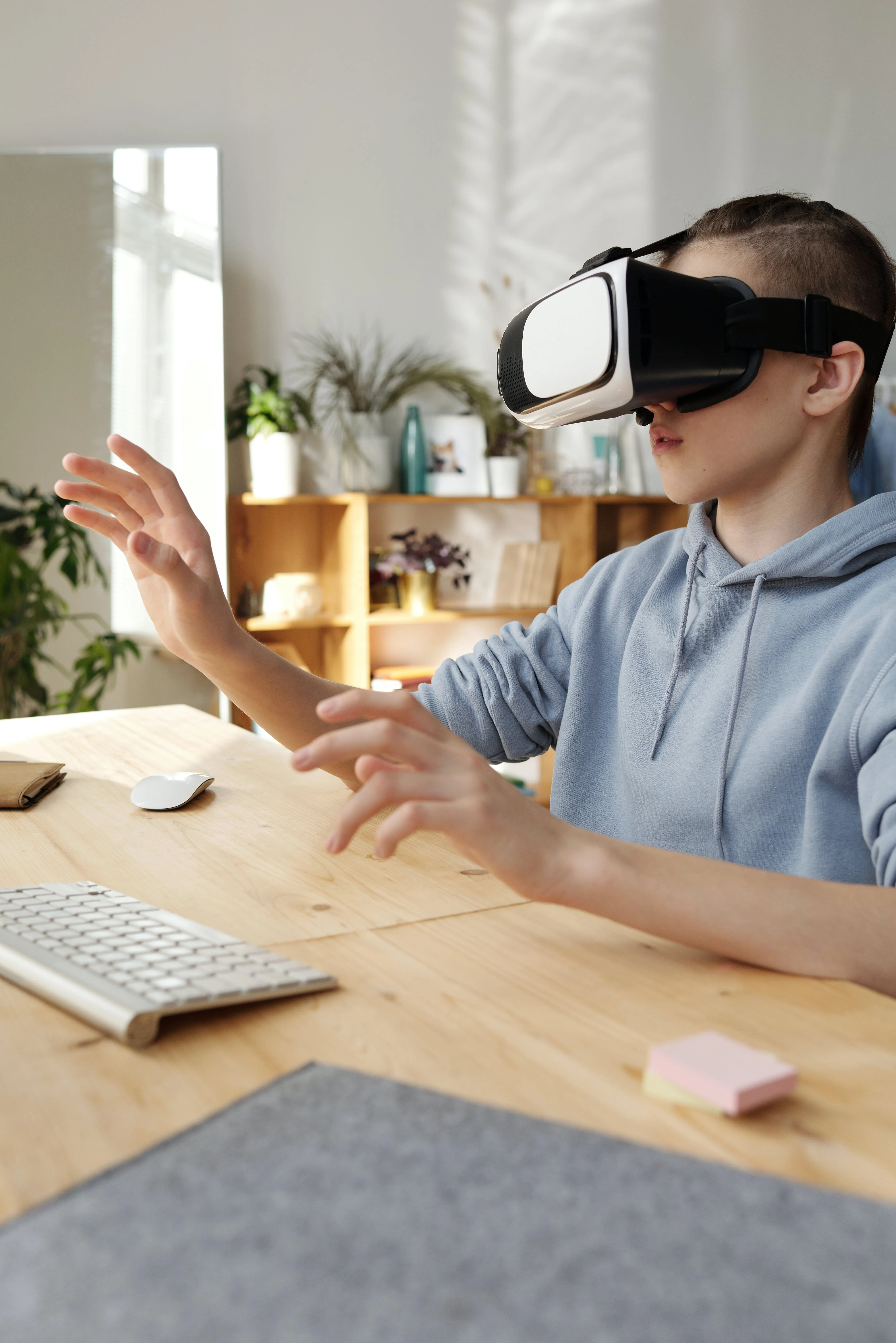Major Leap in Virtual Reality Education
In the ever-evolving landscape of education, technology continues to make groundbreaking strides, and one of the most exciting developments in recent years has been the integration of Virtual Reality (VR) into learning environments. This major leap in virtual reality education has the potential to transform the way we acquire knowledge and skills, making learning more engaging, immersive, and effective than ever before.

A Transformative Learning Experience
Virtual reality education opens up a world of possibilities by creating immersive experiences that transport learners to new dimensions. Imagine studying the history of ancient Rome and suddenly finding yourself standing in the heart of the Roman Colosseum, or exploring the complexities of molecular biology by journeying inside a human cell. VR makes it possible to bridge the gap between theory and practice, offering students a hands-on understanding that textbooks and lectures alone can't provide.
Personal Growth and Development
One of the most remarkable aspects of VR education is its ability to foster personal growth and development. As a student, I vividly remember struggling with my fear of public speaking. However, VR allowed me to practice in a safe and controlled environment, gradually building my confidence and reducing my anxiety. I can't stress enough how transformative this experience was for me personally.
A Tool for Inclusivity
Virtual reality education also holds tremendous promise in promoting inclusivity in learning. It can accommodate various learning styles and adapt to individual needs. For students with disabilities, VR can level the playing field by providing alternative ways to interact with content. For instance, a student with visual impairments can explore the solar system through auditory cues and tactile feedback.
A Global Classroom
The beauty of VR education is its potential to create a global classroom. No longer limited by geographic boundaries, students from around the world can come together in a shared virtual space. This not only encourages cultural exchange but also offers access to specialized courses and experts that might not be available locally.
Overcoming Challenges
Of course, like any groundbreaking technology, VR education is not without its challenges. The cost of VR hardware and software can be a barrier for some institutions and students. However, as technology advances and becomes more accessible, these barriers are gradually diminishing.
The Importance of Ethical Considerations
As we embrace VR education, we must also grapple with important ethical considerations. Privacy concerns, data security, and the potential for addiction are topics that demand careful attention. Ensuring that VR is used responsibly and ethically is paramount to its success in education.
The Future of Learning
In the years to come, we can expect virtual reality education to continue evolving and expanding its reach. As VR becomes more integrated into curricula, students will have the opportunity to explore subjects in ways we can only dream of today. The possibilities are truly limitless.
So, whether you're a student eager to embark on exciting educational journeys or an educator looking for innovative ways to engage your students, virtual reality education is a major leap forward that promises a brighter future for learning.

No comments:
Post a Comment